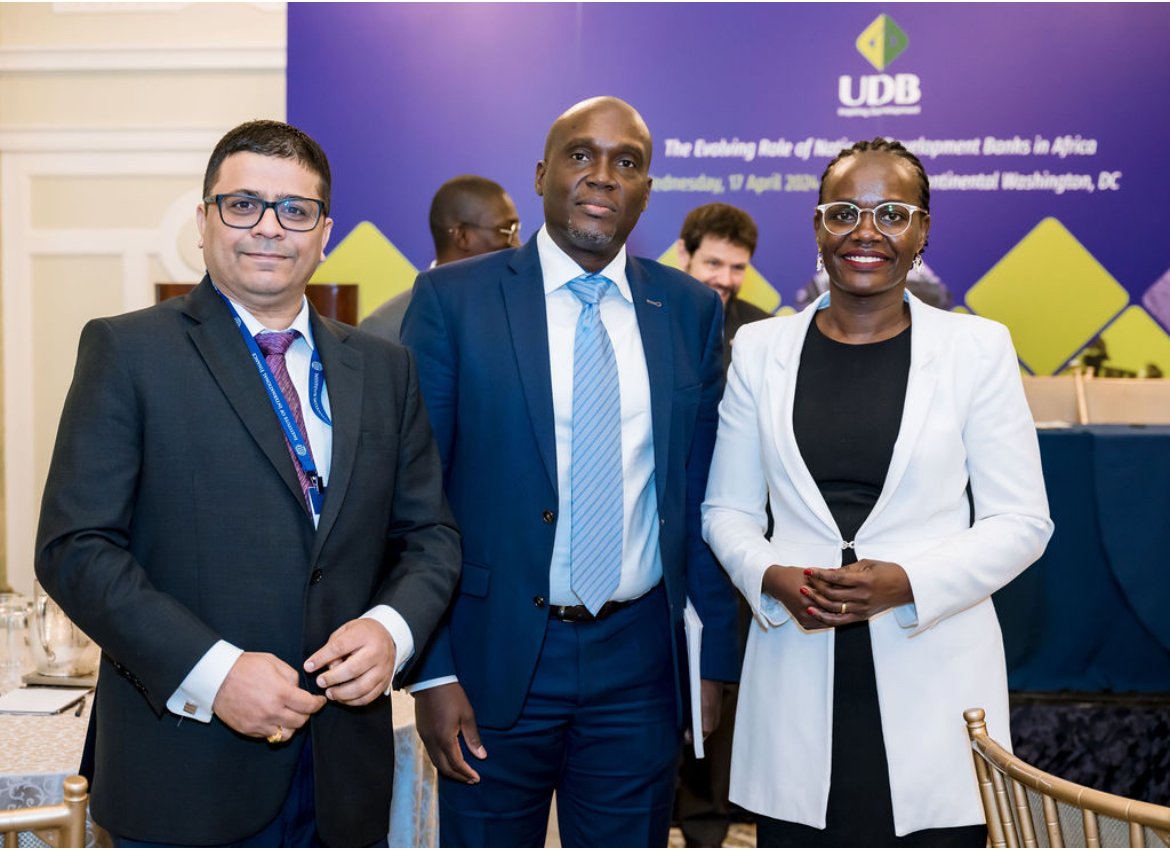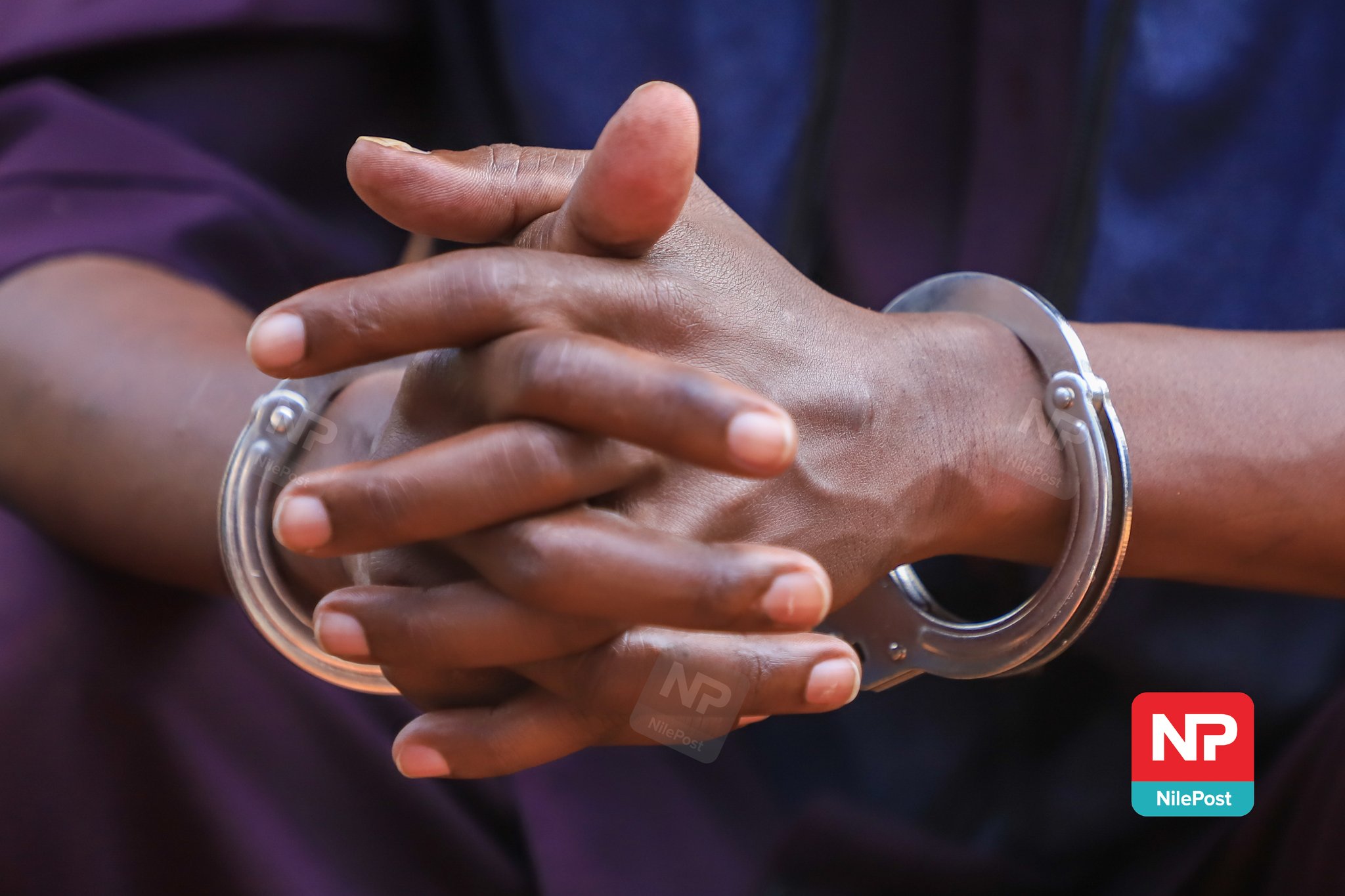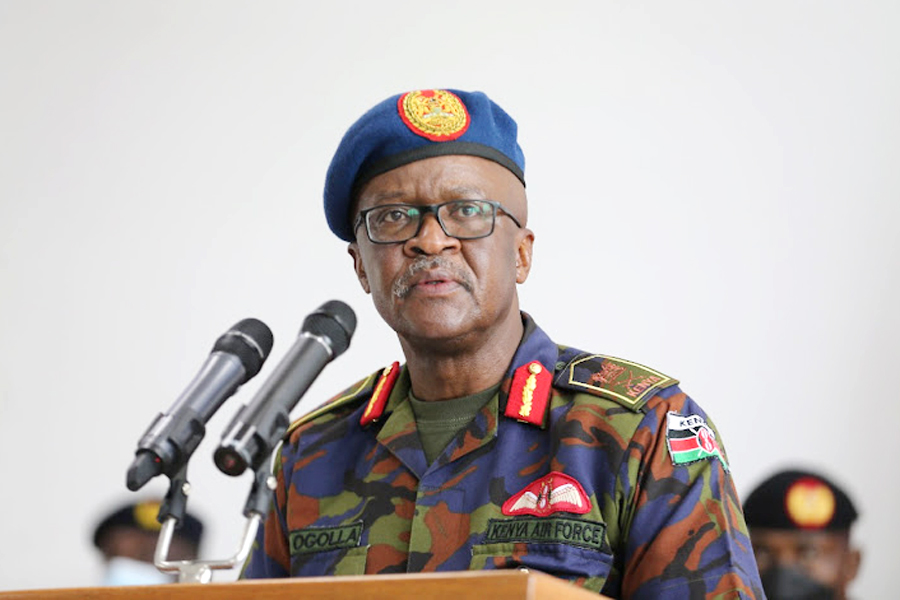Book Review: D.F.K. Mpanga and the Politics of Common Sense
Adventino Banjwa
Owek. D.F.K. Mpanga spent a better part of the decade between 2006 and 2016 critically reflecting on contemporary society – at the national level and beyond.
A significant part of his reflections appeared in the pages of The Daily Monitor. His current book, The Politics of Common Sense: Philosophical and Blunt Reflections on Uganda & Yonder, is a product of this decade-long intellectual labour.
Mpanga’s own reflections are augmented, in chapter ten, by two critical pieces written by his late father, Fred Mpanga, on a subject that continues to puzzle the best of our contemporary minds: tribalism.
For the reader to appreciate the contexts that inspired these writings, Mpanga begins the book by revisiting the events in Uganda and beyond that inspired his thinking during this time.
As Kalundi Sserumaga points out in the Preface, Mpanga scans the whole world, but always from the vantage point of his location.
Each of the ten chapters organizes Mpanga’s reflections around a given theme, though a reader will find that key themes (such as history, politics, and the post-colonial political crisis) transcend individual chapters.
Mpanga minces no words on the need to appreciate the complexity of the problems we face today, and the need to take our historical experience seriously.
"The damage from the past [continues to impact] the present" (viii), and, as such, problems of colonial vintage, such as the place of precolonial states like Buganda in colonial state formation, continue to pervade our political order.
If our problematic past continues to show up uninvited, Mpanga posits that it is so ‘because people insist on finding out for themselves that which earlier generations already established through their own experience’ (16).
For the political crisis we face today (manifest in realities such as the militarisation of politics), Mpanga does not shy away from naming the political names.
One example is that of Obote, whose failure to implore the power of speech and persuasion (Okuteesa) to resolve political differences in 1966 set a bad precedent for subsequent actors.
Yet, at the same time, Mpanga reminds us to take seriously the ‘conditions’ within which human action takes place (39), or what in the Preface is called the ‘limitations on our thinking and imagination as imposed by history’ (v).
In a context like Uganda, colonial knowledge and imagination constitute the most crippling ‘lenses’ (73) through which our view of reality has been conditioned.
It was colonial governmentality, for instance, that gave us what Mpanga rightly critiques as ‘the instrumentalization of ethnicity’ in Uganda (91-96), with all the post-colonial political troubles that sprung from it.
This is the context for the crisis of ‘perspective’ in contemporary Uganda and Africa at large which, according to Mpanga, is not helped by the education system that has largely remained unaltered since the days of colonial rule (164-173).
As he recently reminded his over 1000 listeners on Robert Kabushenga’s #360Mentor Twitter Space program, human beings ‘do not live in a vacuum’.
This is a remarkable stance, especially at a time when a growing body of Africanist political and historical writings are de-emphasizing colonial power in the name of uplifting African agency.
Another equally interesting point raised in this book concerns language.
‘Real thinking is universal’, the reader is told in the Preface, and it is so only through ‘the application of the principles that lie beneath the language in use’ (vii). Language is also not innocent when it comes to the contemporary political crisis.
For it so happens, it is argued, that when we govern ourselves in English, ‘we know only to abuse and threaten [each other]’ (ix).
Language is one of those questions that would benefit from an extended engagement in this book. Not so long ago, one of our finest post-colonial poets, Okot p’Bitek, argued for the distinction between the language/s of power (‘official language/s’) and the languages of people’s literature.
To promote our languages, he argued in Africa’s Cultural Revolution, we should not be bothered by the language/s of power. Instead, we should ensure that people’s literatures are written in their own languages.
Of course, this would require, first of all, heeding Mpanga’s call for a fundamental reset in our education system (164ff).
In all these pages, Mpanga continuously reminds us that it should be part of basic ‘common sense’ to understand that our problems, from the most basic to the most intractable, are all ‘rooted in politics’ (191).
Thus, his calls for ‘innovative thinking’ (177) around modalities of settling political differences, education and health, the development idea, and more broadly on the political ordering of contemporary society (270), are all informed by his understanding that the underlying problems are irreducibly political.
This is how we should understand his call for collective political engagement from our different locations in society. For Mpanga, it should be ‘common sense’ not to expect some kind of political ‘superheroes’ to save the day.
Kalundi Sserumaga notes that in an original way, Mpanga uses the term ‘Common Sense’ as a critique (when what is obvious from a given epistemological location, such as the preference for Okuteesa to resolve political differences, ends up eluding many political players).
This is different from ‘common-sense’ as sedimented politico-theoretical certitudes the making of which must be a subject of critical inquiry.
On the core task of rethinking our contemporary political order, Owek. Mpanga’s proposition of ‘harnessing the native communities to the task of nation-building’ (94ff) would definitely require an extended critical engagement beyond his original space constraints, one that would also benefit from recent scholarly contributions to this subject.
The short essays in this book, now also available as an e-book, not only inspire the reader to appreciate the irreducible complexity of our contemporary problems; even more importantly, they inspire the reader to value her/his contribution to the ongoing collective efforts to change the situation.
The author is a Ph.D. Candidate, Makerere University Institute of Social Research
Twitter: @adventino88













